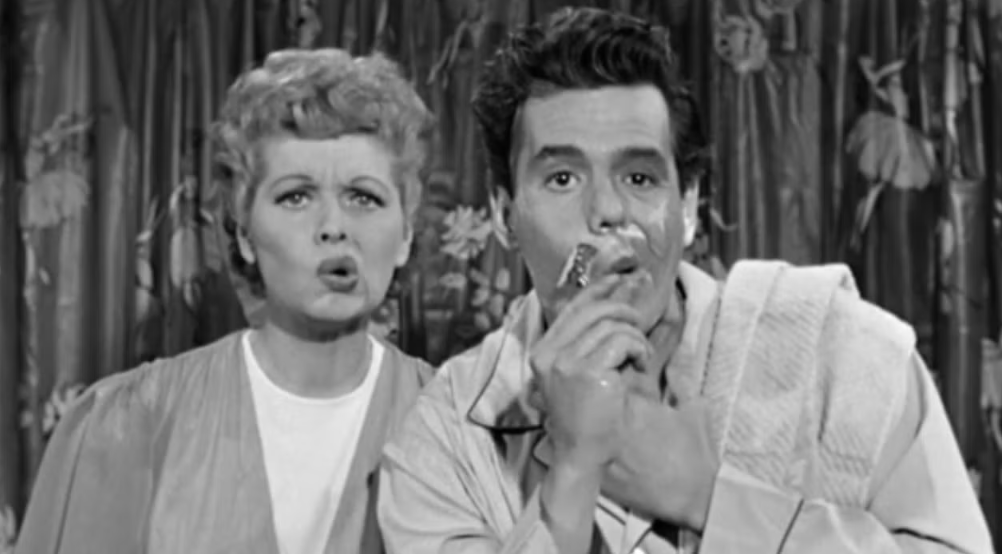
“Before there was streaming, sitcom formulas, or laugh tracks — there was Lucy.”
For anyone who’s ever laughed through a multi-camera sitcom, binge-watched a favorite couple’s antics, or felt like part of a studio audience, there’s one woman to thank: Lucille Ball. Long before she became an icon, she was a pioneer. And without I Love Lucy, the television landscape we know today would look completely different.
Lucille Ball didn’t just star in I Love Lucy — she helped redefine how television was made. And she did it with fearless comedic instincts, a brilliant business mind, and a willingness to take risks that most of Hollywood wouldn’t even consider.
A sitcom that invented the rules everyone else followed
Premiering in 1951, I Love Lucy was revolutionary in more ways than one. It was the first scripted show filmed in front of a live studio audience, using multiple cameras simultaneously — a setup that became the industry standard for decades. If you’ve ever watched Friends, The Big Bang Theory, or Will & Grace, you’re seeing Lucy’s influence in every frame.
But Lucille Ball and Desi Arnaz didn’t stop there. Together, they founded Desilu Productions, which not only produced I Love Lucy but also went on to create and support some of the most influential shows in history — including Star Trek and The Untouchables.
“She wasn’t just America’s favorite redhead — she was a genius behind the scenes,”
entertainment historian Kathleen Brady once wrote.
A woman far ahead of her time
At a time when women were expected to take a backseat in business, Lucille Ball became the first woman to run a major television studio. She fought to tell stories on her terms, insisted on casting her real-life husband Desi Arnaz, and refused to be sidelined — even while pregnant.
In fact, I Love Lucy was one of the first shows to acknowledge pregnancy on screen. The word “pregnant” was considered too risqué for television at the time, but Lucille Ball broke through those norms with class and comedy, opening the door for more realistic portrayals of women and families.
The laughter never fades, but the legacy goes deeper
Lucille Ball’s facial expressions, timing, and physical comedy set a gold standard still studied today. But her true legacy isn’t just in laughs — it’s in how she changed the business itself.
– She proved a woman could lead both on-screen and off.
– She helped invent the production model TV still uses.
– She showed that great comedy has heart, risk, and truth.
Recommended visuals for this piece:
– Behind-the-scenes photo of the I Love Lucy set, showing real studio cameras and a live audience
– A shot of Lucille Ball mid-performance — wild expression, full commitment, comedic magic
– A candid production photo showing Lucy reviewing a script or working with Desi on set
From I Love Lucy to everything that came after
Without Lucille Ball and I Love Lucy, there might be no modern sitcom, no live audience laughter, no shows that mix absurdity with warmth in quite the same way.
Lucy wasn’t just a TV star. She was the blueprint.

